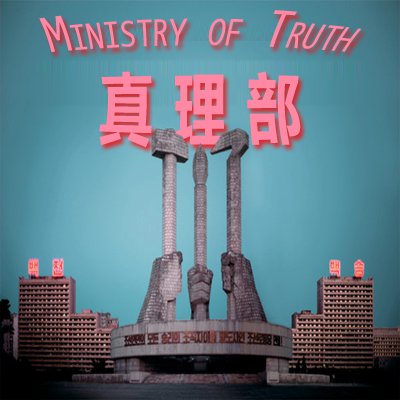The following censorship instructions, issued to the media by government authorities, have been leaked and distributed online. The name of the issuing body has been omitted to protect the source.
All websites, please prominently repost positive commentary on the article “Cyberspace Administration of China Issues ‘Ten Points on Meetings.’” (April 28th) [Chinese]
The CAC announced a new system this week for dealing with news sites that break regulations and publish pornography or rumors. The ten points instruct central and local Internet regulators to prepare a new system of “admonishment meetings” to “increase oversight and inspection of Internet news information services, and conduct comprehensive appraisal of their rectification.” Staff at offending sites may be summoned for the following transgressions (from China Law Translate):
(1) Failure to promptly handle complaints or reports by citizens, legal persons, and other organizations regarding internet news information services, where the circumstances are serious;
(2) Seeking improper interests through methods such as arranging, publication, reprinting or deleting news information;
(3) Violating provisions related to internet user account name registration, use and management, where the circumstances are serious;
(4) Failure to promptly address unlawful information, where the circumstances are serious;
(5) Failure to promptly put in place oversight and management, where the circumstances are serious;
(6) Where content management and network security systems are not complete or not put in place;
(7) Where there are prominent problems in routine website evaluation;
(8) Where there are prominent problems in annual inspections;
(9) Other situations where violations of relevant law or regulations require an admonishment meeting. [Source]
If news sites’ subsequent improvement is deemed unsatisfactory, they may be summoned again, given warnings or fines, or have operations suspended or licenses revoked. Josh Chin at China Real Time explained the new system’s context:
Though the restrictions and the threat of being summoned aren’t new, Beijing’s eagerness to spell out how it enforces censorship online is. That process was previously carried out quietly and largely without a paper trail.
Where in the past, China often denied censoring the Internet, it has increasingly embraced its reputation as a pioneer in Internet control. The head of the Cyberspace Administration of China, Lu Wei, convened a global Internet conference last year where he promoted a vision of the Internet as a security risk. Other officials have trumpeted China’s censorship system for creating the conditions for Chinese Internet companies to thrive.
[… T]he rules aren’t necessarily a bad thing for China’s Internet firms, which are frequently being called in for criticism sessions, according to [Charlie Dai, an Internet analyst with Forrester Research]. “Now it’s clearer for those companies when to expect to have those discussions,” he said. [Source]
The process was reportedly formalized following the success of similar steps against NetEase and Sina. Sina executives were summoned this month and threatened with a complete shutdown of the company’s news portal following a reported 6,038 complaints about its content.









